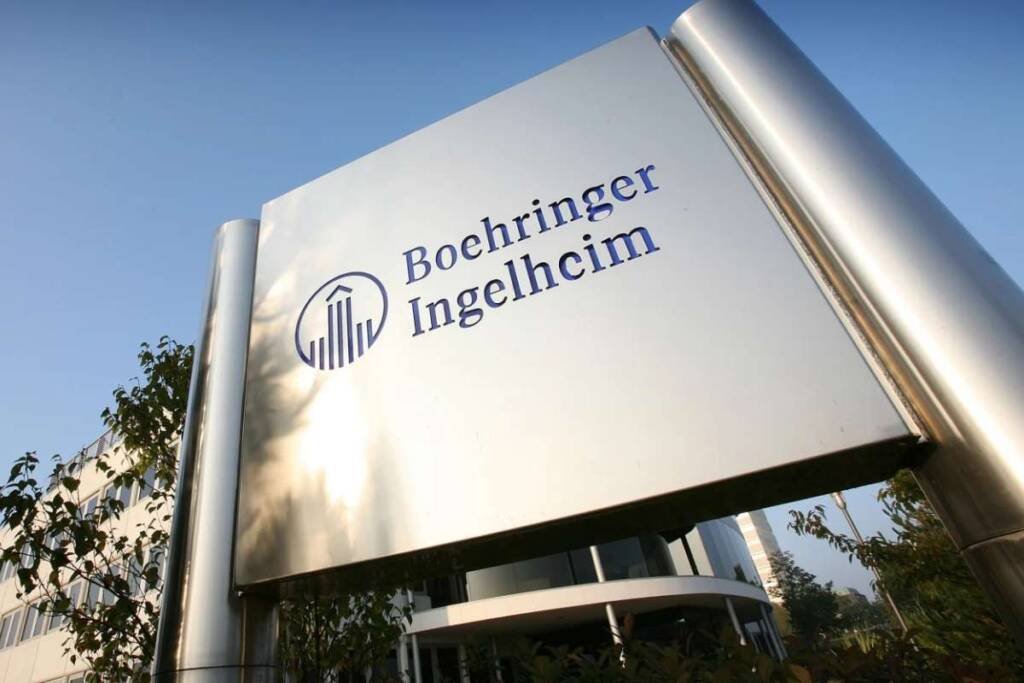Boehringer Ingelheim has initiated a registration trial for its investigational therapy, brigimadlin, as a potential treatment for dedifferentiated liposarcoma (DDLPS), a rare and difficult-to-treat cancer.
Brigimadlin is an orally-available MDM2-p53 agonist designed to restore the function of p53, a gene frequently mutated in cancer. The drug blocks the interaction between the p53 protein, responsible for suppressing cancer by activating genes involved in DNA repair and cell death, and MDM2, an inhibitor of p53’s activity.
This trial represents a significant milestone in targeting p53 as a drug target, as previous attempts to develop drugs targeting mutant p53 faced challenges in finding suitable binding sites and effectively delivering them to the nucleus of cells where p53 is primarily located.
The BRIGHTLINE-1 study compares brigimadlin with chemotherapy using doxorubicin in patients with advanced, inoperable DDLPS. Currently, chemotherapy is the only available treatment option, but it often becomes ineffective after a few months and causes various side effects. The survival rate for advanced DDLPS patients is low, ranging from 20% to 44% after five years.
Early-stage clinical testing of brigimadlin demonstrated its ability to slow the growth of DDLPS and other p53-mutated solid tumors, both as a monotherapy and in combination with Boehringer’s experimental PD-1 inhibitor, ezabenlimab (BI 754091).
In addition to brigimadlin, Boehringer Ingelheim has accelerated the clinical development of two other cancer therapies, the HER2-directed tyrosine kinase inhibitor zongertinib (BI 1810631) and the DLL3/CD3 bispecific T-cell engager BI 764532, due to promising early data.
Beyond oncology, the company has also advanced the PDE4B inhibitor BI 1015550 into two Phase III trials for idiopathic pulmonary fibrosis (IPF) and progressive pulmonary fibrosis. Boehringer is already known for its IPF therapy, Ofev (nintedanib).
In their update, Boehringer reported a 9.7% increase in currency-adjusted net sales, amounting to €12.2 billion ($13.4 billion), with notable growth driven by the diabetes and heart failure therapy, Jardiance (empagliflozin), developed in partnership with Eli Lilly.





























